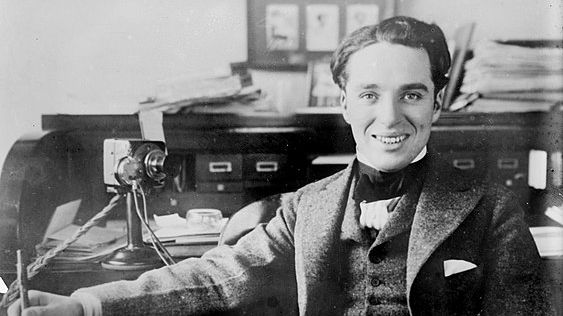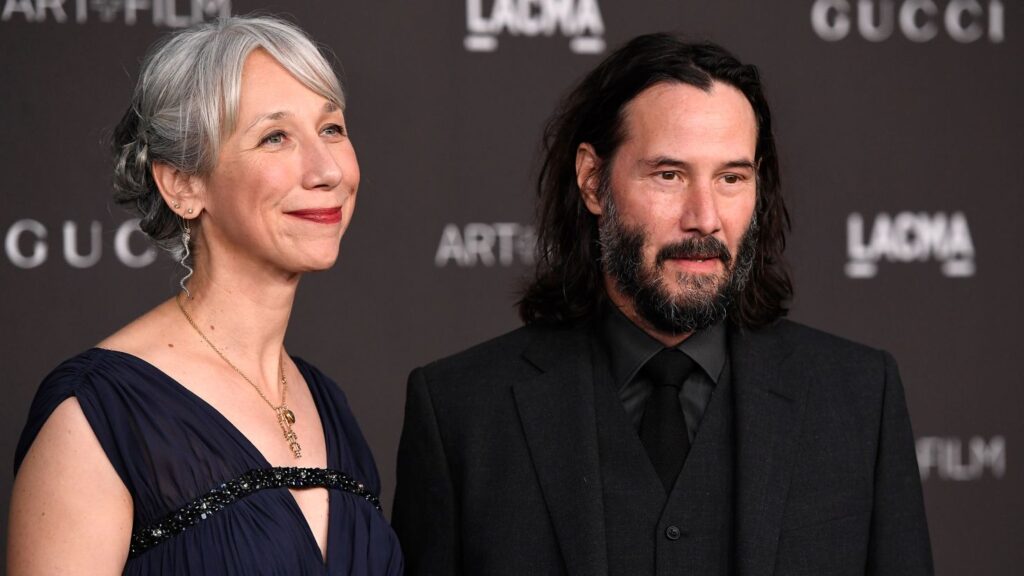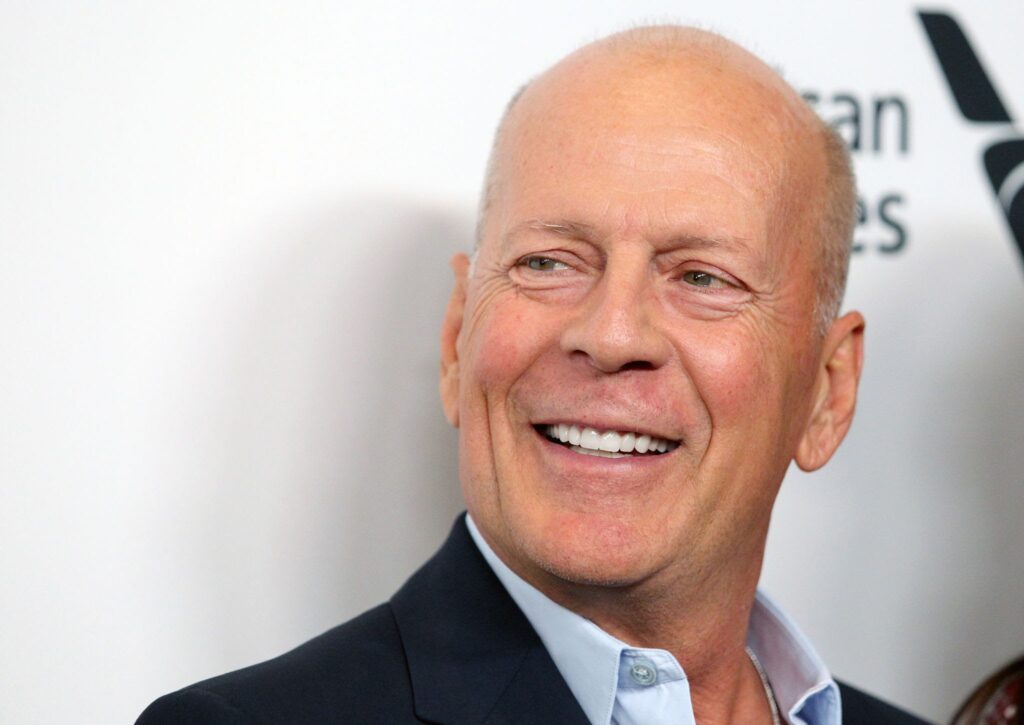Charles Chaplin, widely known as Charlie Chaplin, was a legendary actor, filmmaker, and composer who became one of the most iconic figures in cinema history. He is best remembered for his character “The Tramp,” a lovable and resilient figure who captured the hearts of audiences worldwide. Below is an overview of his life and achievements:
Early Life
- Full Name: Charles Spencer Chaplin
- Date of Birth: April 16, 1889
- Place of Birth: Walworth, London, England
- Parents:
- Father: Charles Chaplin Sr., a music hall performer.
- Mother: Hannah Chaplin, a singer and actress.
- Childhood:
- Chaplin grew up in extreme poverty after his father abandoned the family and his mother suffered from mental health issues.
- He spent part of his youth in workhouses and struggled to survive.
- Despite these hardships, he developed a love for performing, influenced by his parents’ careers in entertainment.
Career Beginnings
- Chaplin began his career in vaudeville and music halls, joining Fred Karno comedy troupe as a teenager.
- In 1913, he traveled to the United States with the Karno troupe and soon caught the attention of film producer Mack Sennett, who signed him to Keystone Studios.
Rise to Stardom
- The Tramp: In 1914, Chaplin introduced his iconic character “The Tramp” in the silent film Kid Auto Races at Venice.
- The Tramp became a universal symbol of resilience and humanity, with his bowler hat, cane, ill-fitting suit, and mustache.
- Chaplin quickly became a sensation, directing and starring in his own films, which showcased his unique blend of slapstick comedy and emotional depth.
Notable Works
Silent Era
- The Kid (1921): A poignant comedy-drama about a tramp caring for an abandoned child.
- The Gold Rush (1925): Features iconic scenes like the “dance of the rolls.”
- City Lights (1931): A silent romantic comedy with a touching ending, often considered one of his greatest films.
Transition to Sound
- Modern Times (1936): A satire on industrialization, featuring some synchronized sound but mostly silent.
- The Great Dictator (1940): His first full “talkie,” a daring political satire condemning Adolf Hitler and fascism.
- Limelight (1952): A reflective drama about a fading performer, seen as semi-autobiographical.
Achievements and Legacy
- Artistic Control: Chaplin was a pioneer of auteur filmmaking, writing, directing, producing, and composing music for his films.
- Innovation: He revolutionized comedy and storytelling in cinema, blending humor with social and political commentary.
- Awards:
- Honorary Academy Award (1972) for his contributions to cinema.
- Knighted by Queen Elizabeth II in 1975, becoming Sir Charles Chaplin.
Controversies and Challenges
- Political Views:
- Chaplin faced accusations of communist sympathies during the McCarthy era in the United States.
- In 1952, while on a trip to Europe, his re-entry permit to the U.S. was revoked, leading him to settle in Switzerland.
- Personal Life:
- Chaplin married four times and had 11 children.
- His relationships with much younger women often sparked controversy.
Later Years
- Chaplin continued to create films and music, though at a slower pace.
- His final film, A Countess from Hong Kong (1967), starred Marlon Brando and Sophia Loren but was not well-received.
- He spent his later years in Vevey, Switzerland, where he lived until his death.
Death
- Date: December 25, 1977
- Place: Vevey, Switzerland
- Legacy: Chaplin remains a towering figure in film history, celebrated for his timeless humor, storytelling, and humanity.
Would you like to explore a specific period of his life, his films, or his impact on modern cinema?



